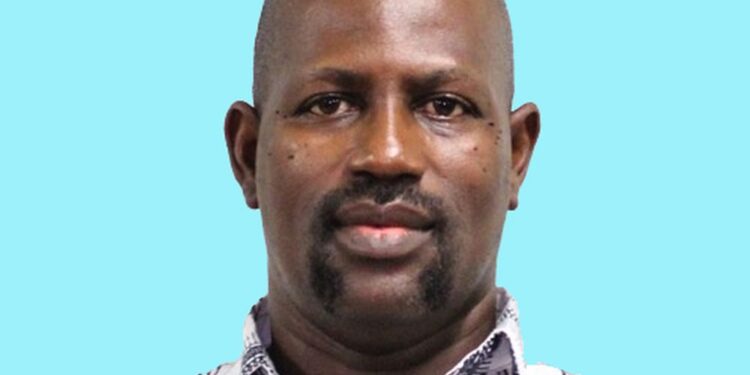On January 10, 2024, Sierra Leone confirmed its first two cases of Mpox disease, sparking widespread concern across the nation. In an exclusive interview with EyewitnessNewsSL, Harold Thomas, Program Manager for Health Education in the Ministry of Health, provided a detailed account of the situation and the country’s response strategies.
Mr Thomas explained that under the Integrated Disease Surveillance and Response Protocol (IDSR) and the International Health Regulations (IHR), certain diseases, such as Ebola, Rift Valley Fever, and Marburg Virus, are considered outbreaks even when a single case is confirmed. The first Mpox case in Sierra Leone was confirmed on January 10, 2024, in the rural areas of Hastings, Port Loko District. A second case, unrelated to the first, was identified in the Lumley area of Western Urban District the same day.
“Both cases were detected promptly through our robust surveillance systems,” Mr. Thomas emphasized. “We immediately informed the public and notified the World Health Organization (WHO) of the outbreak. Our epidemiology team is currently investigating the cases to establish any possible linkages.”
Following the confirmation, the Ministry of Health activated the Incident Command System at Level 2, the second-highest level. “All core response capacities have been mobilized, including surveillance, laboratory diagnostics, risk communication, and community engagement,” Mr. Thomas noted.
The Ministry has also intensified monitoring at borders and entry points to prevent further spread. “We remain committed to ensuring that Mpox is contained quickly, just as we successfully managed other outbreaks in the past,” he added.
Mr Thomas highlighted the measures that were implemented before the outbreak. “Our primary objective was to prevent Mpox from entering Sierra Leone. For almost a year, we managed to achieve this despite outbreaks in over 20 countries, including our neighbours Guinea, Liberia, and Côte d’Ivoire,” he said.
He credited the country’s strong surveillance systems for the swift detection and confirmation of the current cases. “Our second objective is to promptly identify and curb the spread of any cases that do arise, which we are now doing effectively.”
Addressing concerns about the patient’s condition, Mr Thomas clarified, “They are not victims; they are patients under management. Mpox is self-limiting, and we expect them to recover fully within 21 days.” He reassured the public of Sierra Leone’s capacity to handle the situation, citing past successes in managing similar outbreaks, such as the Marburg Virus in Rwanda, where Sierra Leone’s health team played a critical advisory role.
Reflecting on lessons from past epidemics, including Ebola and COVID-19, Mr. Thomas stated that Sierra Leone’s health system has significantly improved over the years. “The health system of today is not what it was 10, 5, or even 3 years ago. We are better equipped, better prepared, and ready to handle this.”
He urged the public to remain calm and adhere to the Ministry of Health’s advisories. “Listen to credible information from the Ministry of Health, avoid misinformation, and follow preventive measures to ensure the disease does not spread.”
As Sierra Leone grapples with its first
Mpox cases, the Ministry of Health’s swift and organized response demonstrates
the nation’s resilience and growing capacity to manage public health emergencies. With vigilance, effective communication, and community cooperation, the country is poised to overcome this outbreak.
By: Tejan Macavoray





































